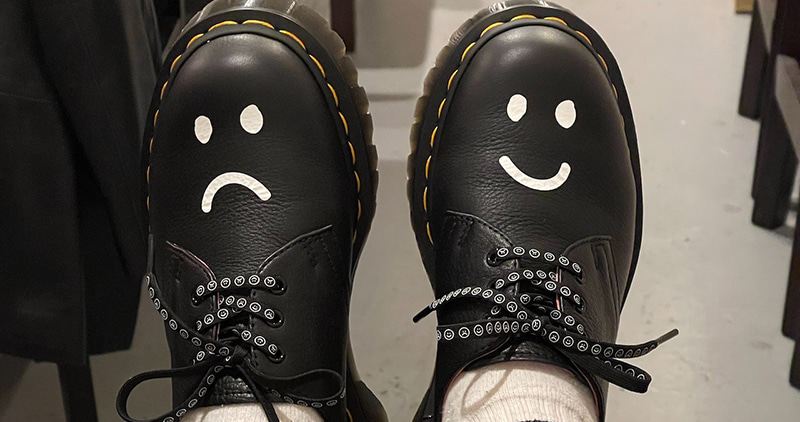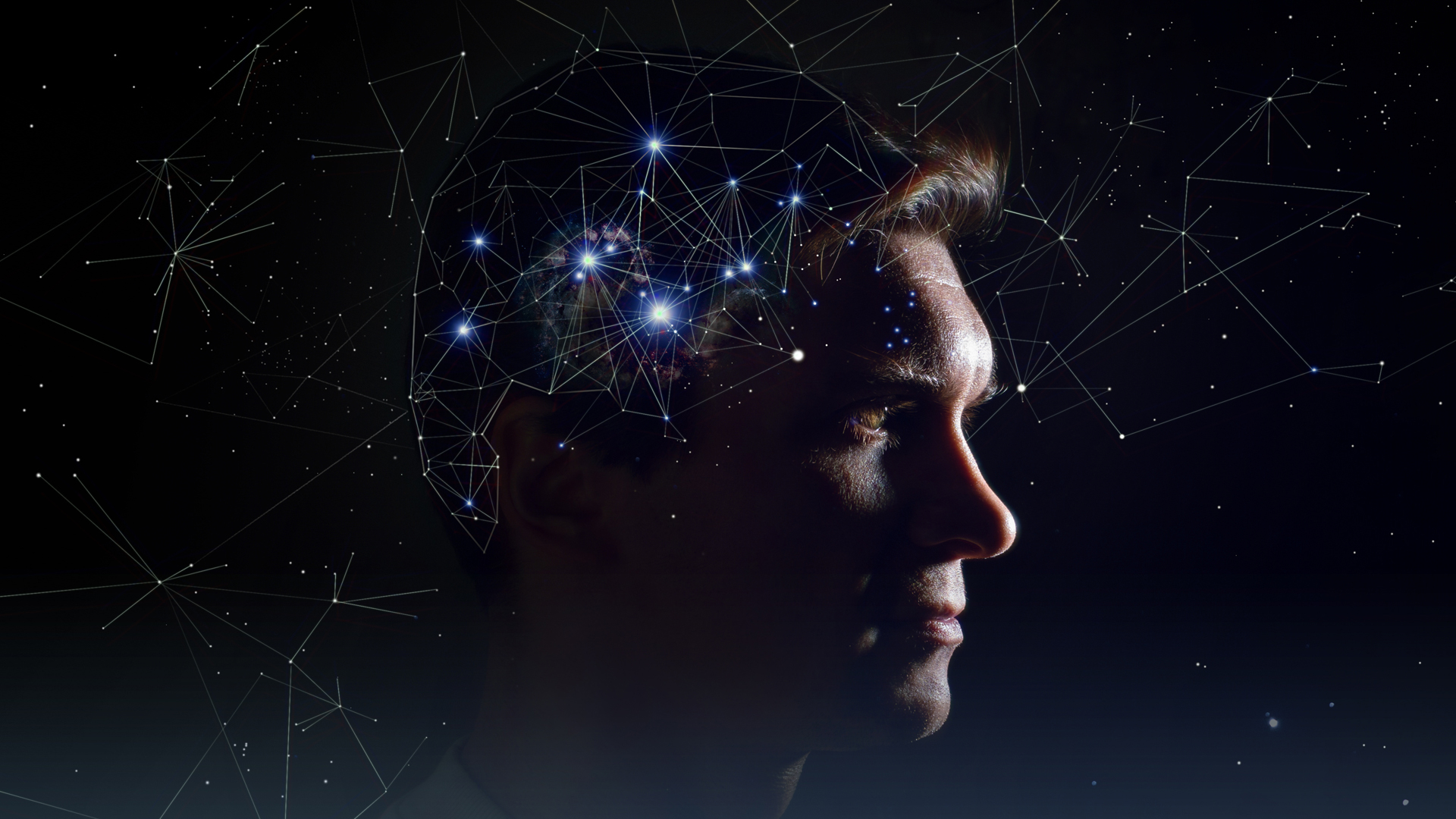Articles
on Well-Being by Dr. Rick Hanson
Your Precious Life – Part 1
What an incredible opportunity it is to have a life. At all. To fulfill that opportunity, we need a fundamental orientation inside that treats our life as if it matters. As if our happiness is important, as if being mistreated is not alright, as if we deserve the same...
Peace of Mind: Emotions, the Limbic System, and Equanimity
Exercises to encourage you to keep moving from shame to worth.
Train Your Brain: From Sadness to Contentment
Exercises to encourage you to keep moving from shame to worth.
Coping with Loss: Implications of Neuroscience and Contemplative Wisdom
Exercises to encourage you to keep moving from shame to worth.
It’s Possible to Heal Yourself
Exercises to encourage you to keep moving from shame to worth.
How to Promote Healthy Human Politics
As we seek the greater good in the 21st century, we must ask how we will solve our modern problems – such as great inequalities of wealth and power – with our Stone Age brains.
Not Harming by Not Externalizing Costs – with Special Reference to the COVID Pandemic
An exploration of the covid pandemic and virtuous conduct – in terms of not harming others by externalizing our costs upon them.
Not Harming by Not Externalizing Costs – with Special Reference to the Climate Crisis
An overview on not causing harm through costs that are pushed downstream to others, with particular emphasis on the climate crisis.
Do’s and Don’ts of Virtuous Conduct
Practical Do’s and Don’ts for virtuous conduct that lead to happiness and away from suffering, for ourselves and others.
Findings on the Positive Neuroplasticity Training
How do you practice taking in the good and what effects does your practice have on your life?
PNT Teacher Standards
To ensure the highest quality of teaching of the Positive Neuroplasticity Training, its Teachers are expected to meet these standards:
Being Resilient During Coronavirus
During times like this – with a pandemic such as the Coronavirus – it’s natural to feel afraid, anxious, or threatened. But being consumed by fear causes wear and tear on the body, which actually undermines your safety. Here you’ll find suggestions and resources for how to stay calm and be effective during this challenging time.
From Anxiety to Security
We all experience anxiety. Discover why we are anxious, how are brains handle anxiety, and learn a variety ways for healthy coping.
Metta for the Whole World: A Meditative Reflection
“Metta” means lovingkindness. A beautiful way to compensate for the hard-wired tendency to fix our attention and affections on mainly one person, or small group of people, is to deliberately cultivate and practice an attitude of compassion and kindness toward people in general.
Intimacy and Autonomy
Most people want both closeness and independence. Intimacy and autonomy in all their forms: your course in life is shaped by how well you regulate their dance in your mind, and their expression in your relationships.
How to Stick with Your Virtues and Good Purposes
Tips for how to stay on course, strong and motivated, as you reclaim your right to good health and self-esteem.
15 Ways to Feel Good
With some simple strategies, you can hardwire more happiness, love and wisdom into your brain, and thus your life, according to psychologist, speaker and New York Times bestselling author Dr Rick Hanson
Which Diet Will Help You Lose The Most Weight?
Rick’s Picks is a series of posts highlighting the very best content online. Using science to determine which of the many diets will help you lose the most weight; this article shows charts to compare. Read more...
Expressing Your Intentions
Once your intentions are clear, the next question is: How to express them?
Right Mindfulness Part 2
The Eightfold Path is the fourth of the Buddha’s Noble Truths: the way that leads to the uprooting of the causes of suffering, and thus to increasingly stable and profound peacefulness, wisdom, virtue, and happiness. The heart of each element of the Path is non-clinging, the fundamental cause of the end of suffering.
Is the Mind-Body Problem a Problem at All?
One could rightly ask: How can intangible thoughts affect tangible matter (i.e., the brain)? This question is at the heart of the longstanding “mind-body problem,” and related questions include: How can mind arise from matter? Is mind reducible to matter? Does matter determine mind?

















